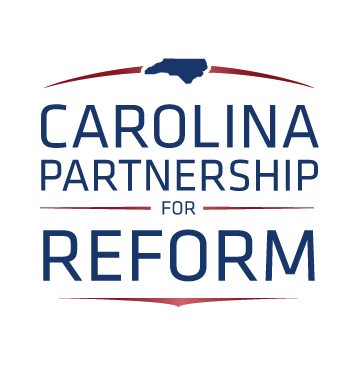Tax Cut Attacks: Same Story, Over and Over
How many times have rabble-rousers on the Left talked about how bad life will be in North Carolina if the Reform Majority in the legislature cuts taxes?
With the success story tax reform has brought to our state, one would think that after making these doomsday declarations time and again they eventually would be too embarrassed to try one more time. But they do.
A News & Observer opinion piece last week tried to make the case once again that “there is a wolf coming to North Carolina’s door.” They say more tax cuts will create a “future funding calamity.”
Let’s do a quick review of the times the Left has cried wolf – and been wrong.
When the Reform Majority first embarked on tax reform in 2013, they stirred up a doom-and-gloom hornets’ nest.
The head of the liberal NC Budget and Tax Center said in 2013, “In states with no income tax we don’t see appreciatively better economic performance….The reality is, the promise of jobs is unlikely to materialize.”
Chapel Hill law school lefty Gene Nichol blasted income tax cuts, claiming they would hurt low-income people. After citing all the ways the poor would suffer, he said, “To look at that set of facts and decide what we need to do the most is to reduce the burden on those at the top and increase the effective rate for those at the bottom is astonishing.”
In 2014, Moral Monday leader Rev. William Barber pounded the message of tax cuts on the wealthy and increased sales tax on the poor.
In 2016, the left-wing group Progress North Carolina went on a tirade against tax reform – saying they were going to “stand with average North Carolinians who are paying more thanks to the decisions by the legislature in Raleigh.”
Of course, average North Carolinians have not “paid more,” and the group ignored the actual tax increases enacted by liberals in 1991, 2001, 2003, 2005, 2007 and 2009.
In 2017, when tax experts across the country were looking to North Carolina as the model for success, the editors at the N&O blared the headline: With Sweeping Tax Cuts, US Follows NC Over Fiscal Cliff. They disparaged conservatives in Congress for following the fiscally sound principles the Reform Majority had used in our state to grow our economy.
It’s a pattern that continues today. Same left-wing message. Same tired over-the-top tirades. Ten years of beating the same drum.
At the same time the voices from the Left were mired in their negativity, North Carolina’s economy has become a beacon of hope and opportunity for the nation. According to the Tax Foundation, the tax reform measures begun in 2013 have taken North Carolina from having the highest corporate income tax rate in the Southeast to the lowest in the country.
It’s an amazing success story. When the liberals were last in charge of the legislature, North Carolina had “the highest individual and corporate taxes in the Southeast, government spending had increased by near-double digits, and a regulatory environment that hamstrung private sector growth and job creation.”
The liberals rely on government to build the economy. Conservatives believe real jobs and real growth come from freeing up the private sector with lower taxes and less regulation.
Under that vision, over 500,000 new jobs were created. The increased job creation caused personal income to jump more than $6,000 per person. With the increased job and wage growth came increased state revenue. The Reform Majority used that money to increase the education budget and boost teachers’ salaries. It’s been quite a story.
North Carolina has been ranked by FORBES as the best state in the country to do business.
CNBC has ranked us “America’s strongest state economy.”
But the Left continues to chip away at the Reform Majority’s success with their big spending and “more government is the answer” message.
Hats off to the tax cut warriors who have held the line against this annual assault on success – and brought hope, growth, and opportunity to our state.

